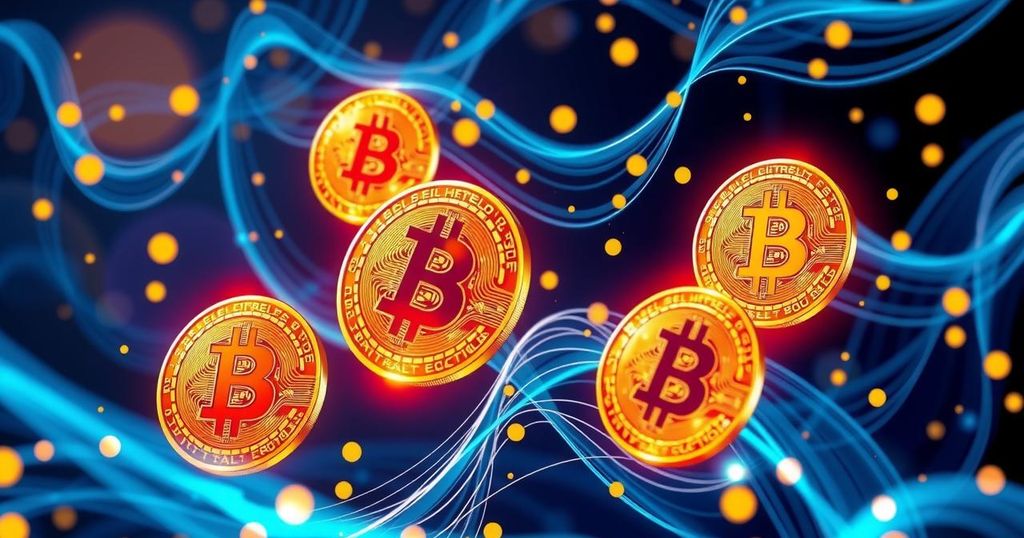President Nayib Bukele of El Salvador asserts that the nation will continue to acquire bitcoin despite an IMF agreement, yet IMF statements indicate that these actions might adhere to the agreement. Analysts express confusion about the dynamics, suggesting potential wallet transfers or donations as methods El Salvador may be employing to maintain compliance while preserving an image of independence.
El Salvador’s President Nayib Bukele has declared that the country will persist in accumulating bitcoin despite the recent International Monetary Fund (IMF) agreement. This assertion contrasts with the IMF’s comments, which suggest that the country’s bitcoin activities align with the stipulations of the $1.4 billion credit deal. Consequently, the situation raises questions about the actual practices regarding bitcoin acquisition in El Salvador.
Recent communications from the IMF have led to confusion concerning El Salvador’s adherence to the stipulated conditions of the IMF deal. A letter of intent from Salvadoran authorities committed to halting public sector bitcoin purchases and closing the Chivo wallet; however, these measures remain unimplemented. When approached by Forbes, the IMF insisted that El Salvador’s actions were “consistent with the agreed program conditionality,” which perplexes analysts due to apparent contradictions.
Jonh Dennehy, founder of Mi Primer Bitcoin, has observed these developments closely. Dennehy posits that there could be two plausible scenarios. Firstly, El Salvador might be repositioning bitcoin between its own wallets, thereby creating the impression of ongoing purchases without actually acquiring new bitcoins. Alternatively, it could involve bitcoin donations from corporations such as Tether, which has recently relocated its headquarters to El Salvador. According to Dennehy, these strategies allow the country to appear compliant with the IMF while maintaining a stance of defiance to the public.
Despite these ambiguities, El Salvador continues to accumulate bitcoin. The national bitcoin office confirmed that the country purchased 17 BTC in the past week, thereby increasing its strategic reserve to a total of 6,111.18 BTC.
In conclusion, the conflicting statements from El Salvador’s government and the IMF regarding bitcoin acquisitions create a complex narrative. While Bukele maintains that the nation continues to strengthen its bitcoin reserves, the IMF suggests compliance with the conditions of its financial agreement. The analysis indicates that El Salvador may utilize wallet transfers or donations to navigate this situation, reflecting a strategy aimed at balancing compliance with public perception.
Original Source: news.bitcoin.com




